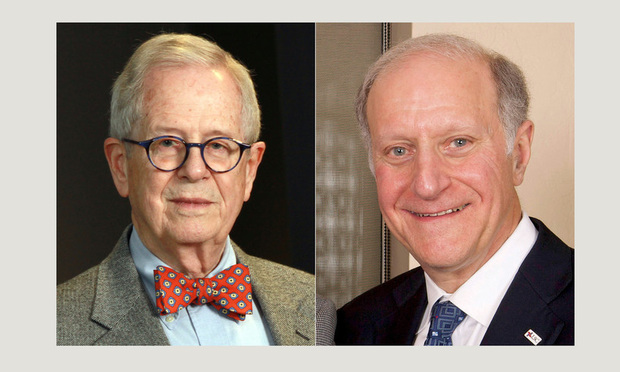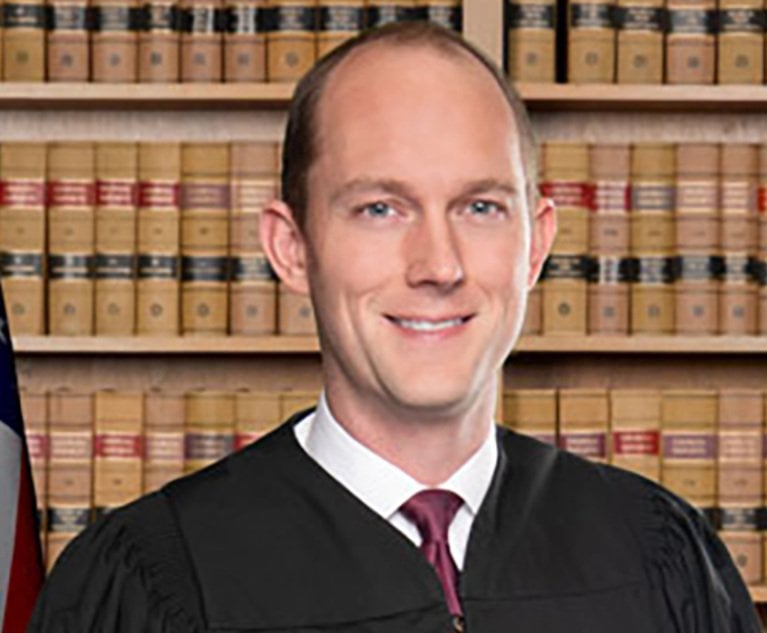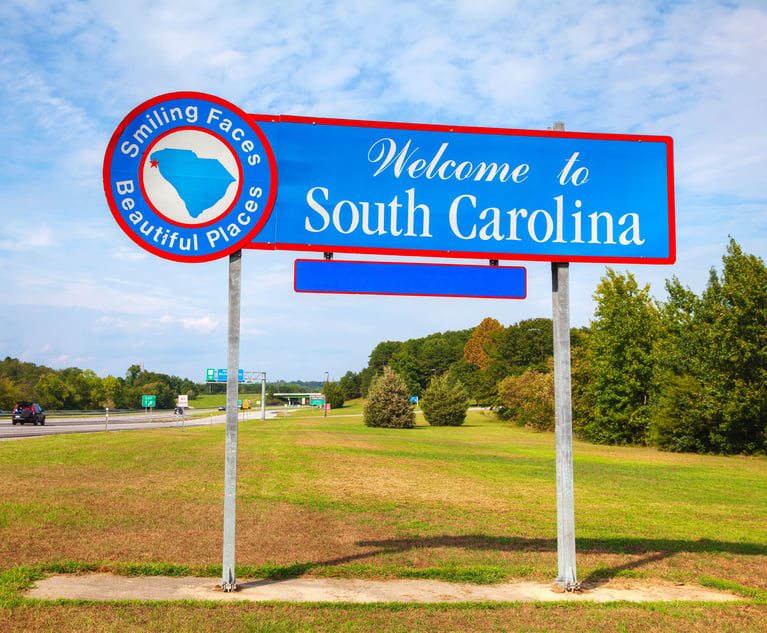Twenty years ago, the U.S. Supreme Court changed the landscape of disability law in this country with the landmark decision in Olmstead v. L.C. and E.W. The case was brought by Atlanta Legal Aid—a Legal Services Corp. grantee—and involved two women who had been cycling in and out of Georgia’s state psychiatric hospitals due to an inadequate state-funded community service system. In the two decades since the decision, states have made great strides in transforming their community systems, making it possible for people with disabilities to live, work and play in the community. However, in order to ensure that all people with disabilities can thrive, we must continue to work on behalf of those in need.
In the 1999 Olmstead case, Legal Aid lawyer Susan C. Jamieson represented clients Lois Curtis and Elaine Wilson, arguing that, under the “integration mandate” of Title II of the Americans with Disabilities Act, their unnecessary segregation in institutions constituted disability discrimination. The court agreed. In the opinion, Justice Ruth Bader Ginsburg wrote that states are required to provide community-based services for people with disabilities when treating professionals say the placement is appropriate, the person with a disability does not oppose and the placement can be reasonably accommodated.


 Frank Strickland (left) and John Levi (Courtesy photos)
Frank Strickland (left) and John Levi (Courtesy photos)



